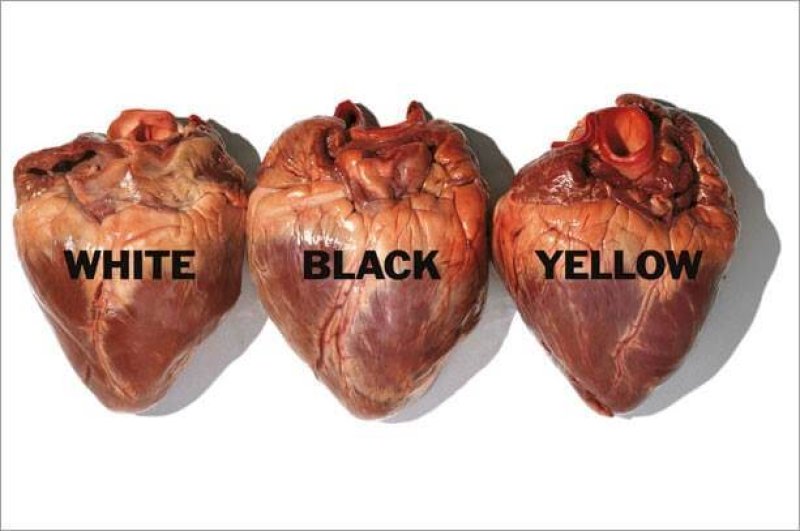After what feels like a decade of hype and underwhelming sales, direct-to-consumer (DTC) genetic testing seems to be taking off, for better or worse. In the hope of discovering more about themselves, millions of people have sent DNA-filled tubes of spit to commercial testing companies.
…
If you believe the marketing campaigns, you will, as AncestryDNA declares on its website, “discover what makes you uniquely you.” You will, as another DTC company suggests, discover more about your “DNA tribe.” And you will, as virtually every ancestry company promises in one way or another, learn about your “ethnic origins.”
While I understand the interest in exploring one’s family history, the marketing associated with these studies goes well beyond finding long-lost relatives. A consistent, underlying theme is that biological difference matters.
…
This “biology matters” perspective, which sales figures suggest people are embracing, is a significant step backward, both scientifically and socially. [W]e shouldn’t forget that the concept of “race” is a biological fiction.
…
[W]henever biology is attached to a rough human classification system (ancestry, ethnicity, etc.), the public, researchers and the media almost always gravitate back to the concept of race. In other words, the more we suggest that biological differences between groups matter — and that is exactly what these companies are suggesting — the more the archaic concept of race is perceived, at least by some, as being legitimate.Editor’s note: Timothy Caulfield is Canada Research Chair in Health Law and Policy at the University of Alberta
Read full, original post: Is direct-to-consumer genetic testing reifying race?































